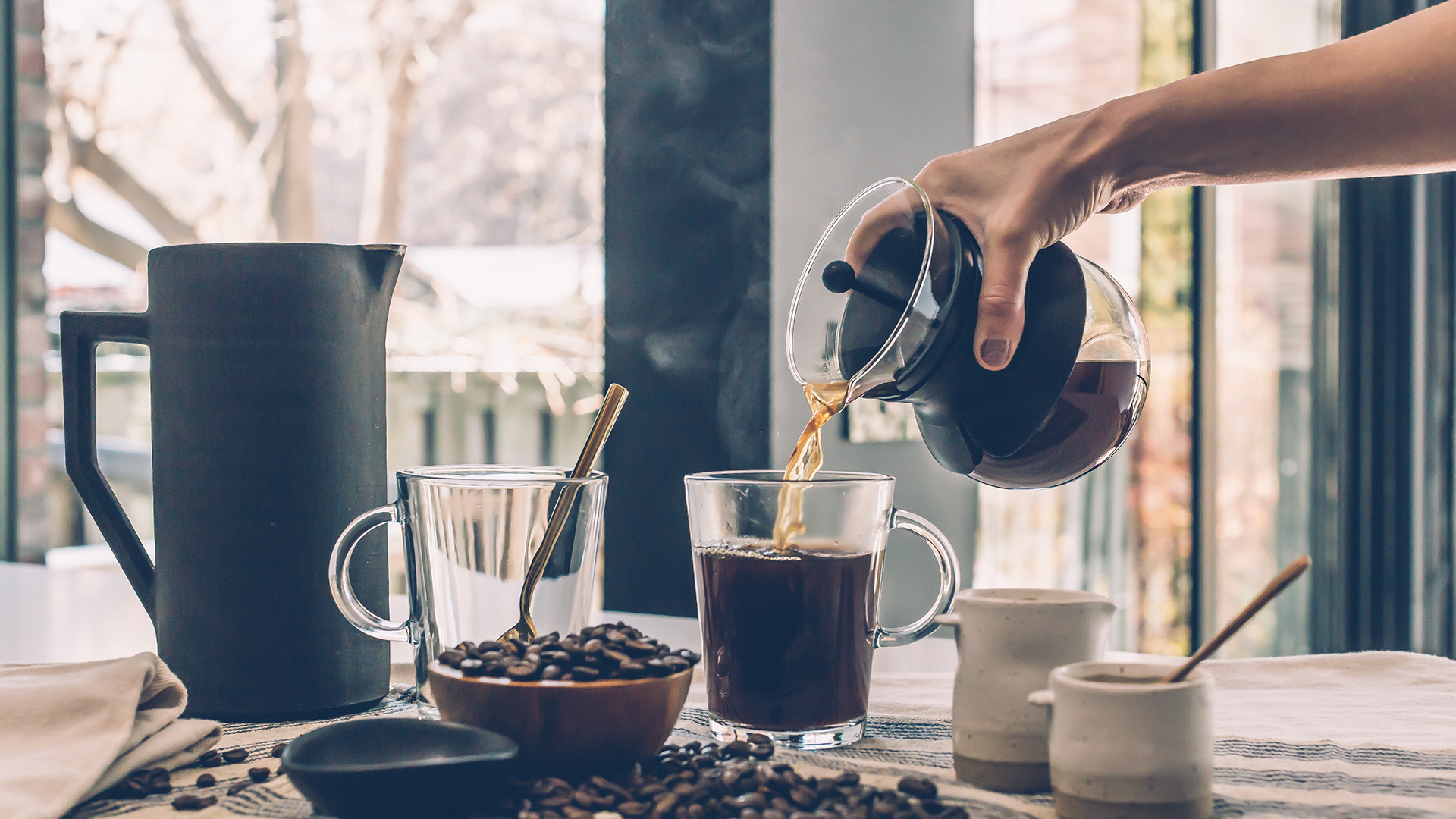Coffee is one of people’s favorite pick-me-ups, and what better way to enjoy your cup of joe in the morning than by knowing that the coffee you are drinking is either sustainably sourced, produced, and delivered. If you’re looking to make your coffee routine a little (or a lot) more sustainable, here are five ways to change up your routine:
1. Avoid Single Serve Cups
a. Keurig Machines. We all know and love them – but are they good for environment? Studies show that it takes anywhere from 150-500 years for a single-use coffee pod to decompose. An alternative to single-use K-cup pods are reusable coffee pods that act as a great replacement. Just add in your favorite ground coffee beans and let the magic happen.
2. Get a Reusable Filter
a. Paper coffee filters, also known as disposable filters, are the norm for many coffee makers. If your coffee maker requires them, consider purchasing a reusable one. Most paper coffee filters are lined with chemicals that make them nearly impossible to recycle. However, reusable coffee filters are made sustainably out of natural materials like cotton and can be used for up to one year. Take your “reduce, reuse and recycle” efforts even further by using the leftover coffee grounds for composting.
3. Use Your Own Mug
a. The single-use coffee cups that your favorite coffee shop uses are an environmental menace. Only 1 in every 400 coffee cups are recycled with the rest heading to local landfills. This waste has given cause for concern considering the popularity of to-go cup options which are typically made from polyethylene and polypropylene. Bringing your own reusable cup or mug is a win not only for the environment, but also your wallet as many coffee chains give a discount for bringing your own cup to use.
4. Cutting Out Part of the Process by Brewing Manually
a. The convenience of automated coffee machines will always be there, however, using a manual machine has its benefits as well. While you do still have to heat up your water for manual methods, the energy consumption of heating up only your water is much lower. Try a French Press, an Aero Press, or a Chemex Pour-Over for your next cup of coffee, and neither the Earth nor you will be disappointed!
5. Seek Out the Source
a. Along with everything else in the world, your coffee company has ethics. Fairtrade is a type of ethical certification that ensures small-scale farmers decent working conditions, prices that cover the average costs of producing sustainable crops, fair wages and more. This creates a more sustainable supply chain and lends to more transparent business practices. Coffee is said to be a highly volatile commodity, thus Fairtrade works with businesses to help them integrate ethical sourcing plans and organizational culture. If you’re ready to switch to a more sustainable coffee brand, check out The 12 Best Sustainable Coffee Brands for 2021.
If you missed this joyous java holiday last week, it’s never too late to stop by one of your local coffee shops to pick up a reusable glass mug, a well-sourced brand and some time with friends and family!
